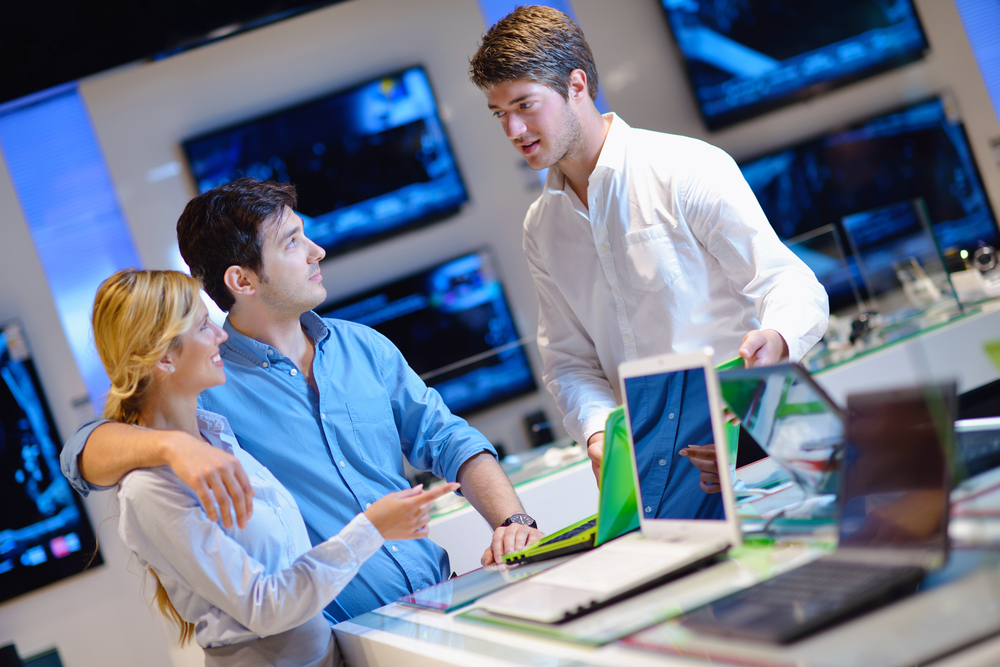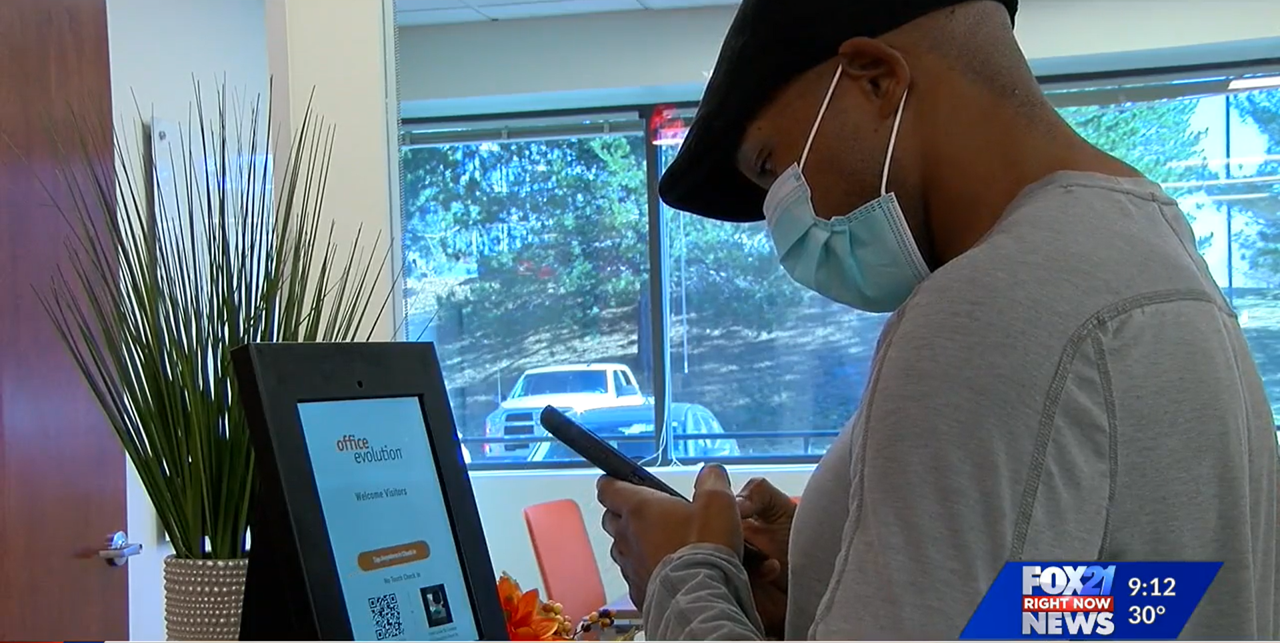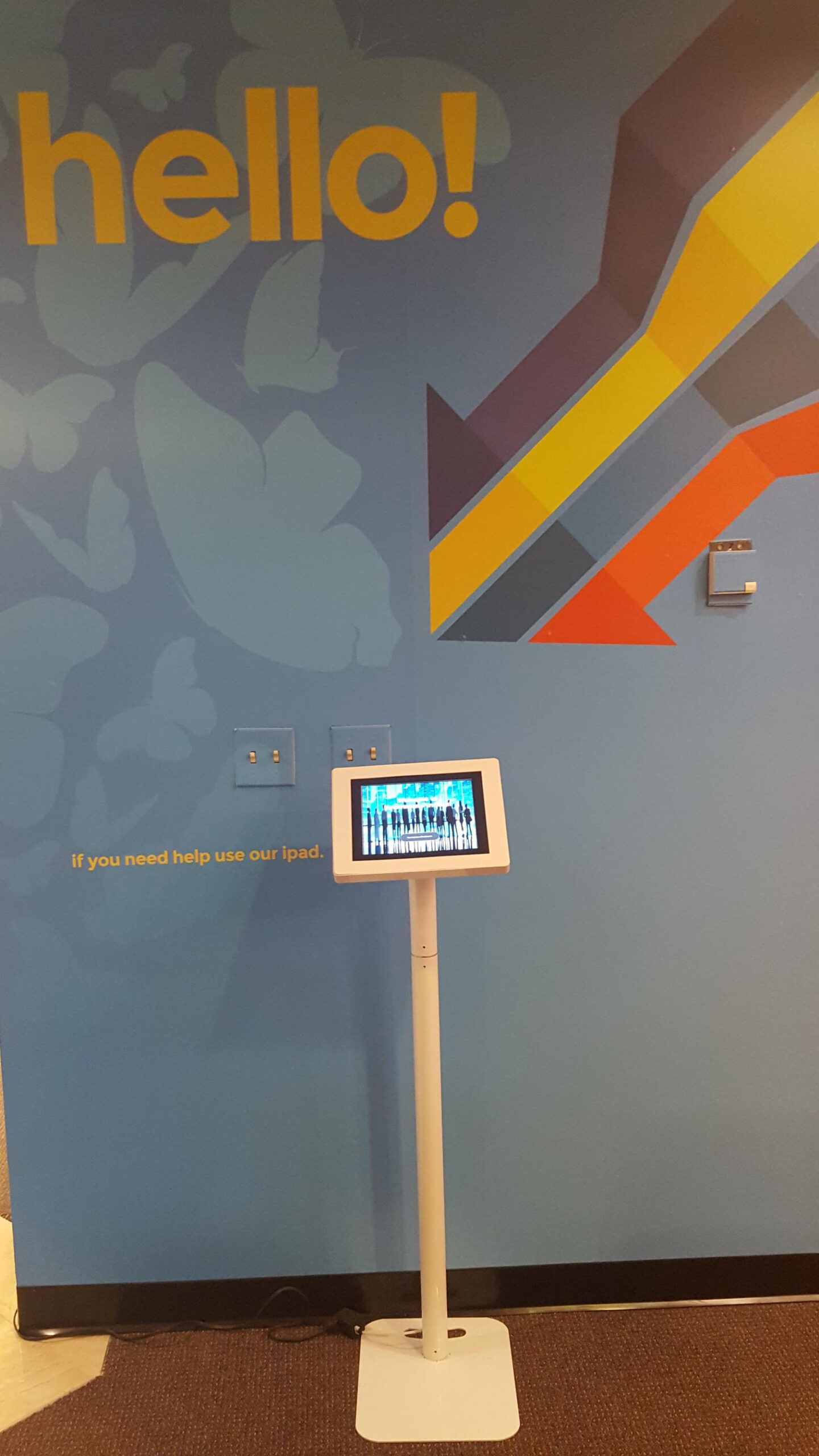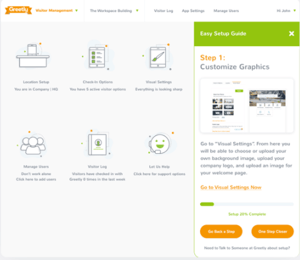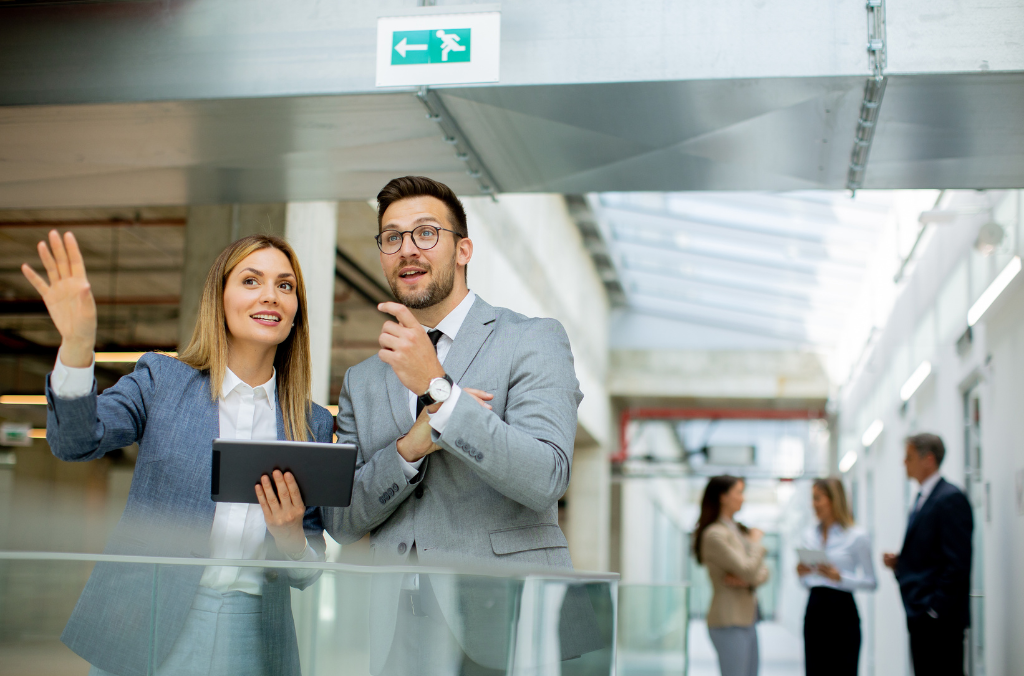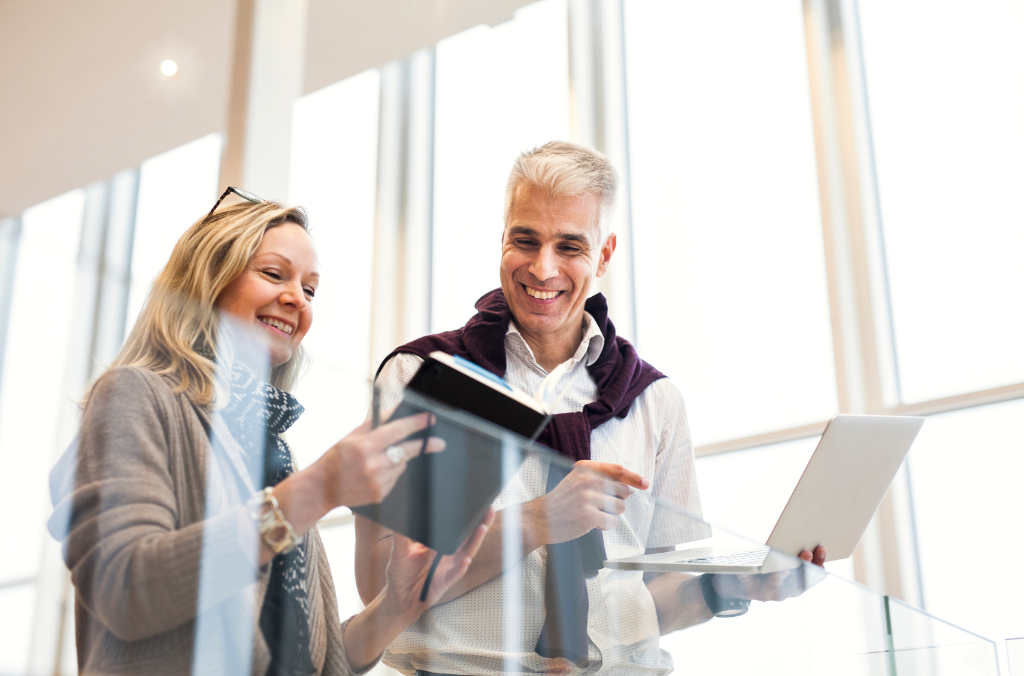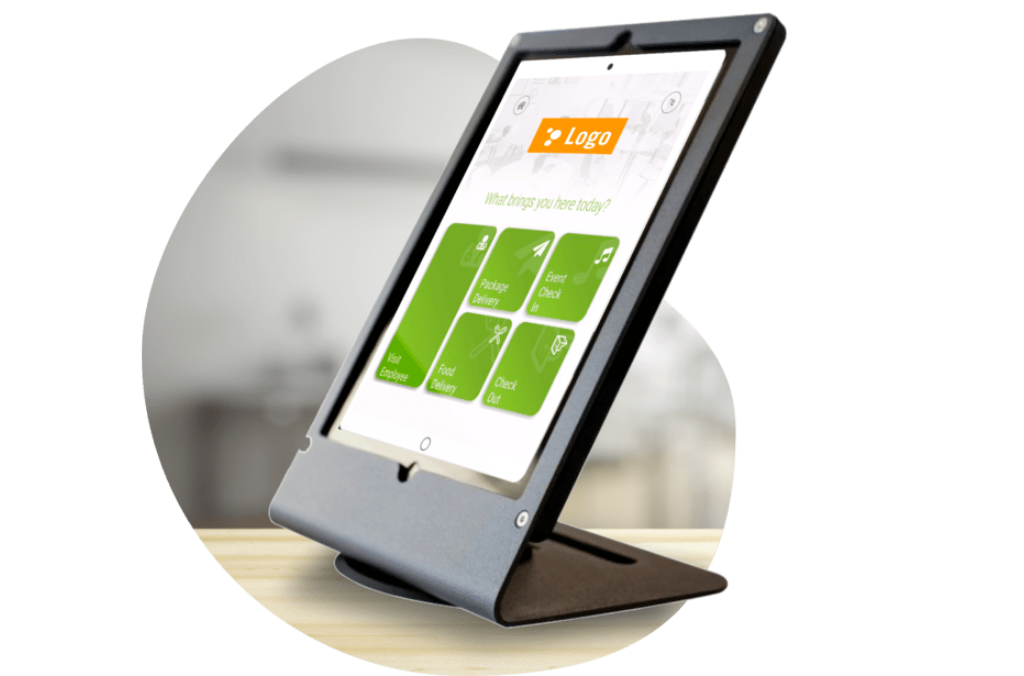Executive Summary
- A customer check-in application is an invaluable tool for creating great customer experiences for retail shops, government agencies, service providers, and more.
- Depending on how your organization operates you should look for different features in your potential customer check-in software to ensure it improves upon your current processes.
- This software should be easy to use, only display your branding, and allow for ample customization to suit your needs.
Many organizations realize they need to review and modify their customer experience on a regular basis. These touchpoints, especially those that impact first impressions. Two macro trends have greatly impacted best-in-class customer check-in systems.
First, customers have increasingly expressed they want to help themselves. This gives them a sense of control and ensures their data and their reason for visiting are captured correctly. Further, COVID-19 has changed the way that people physically interact. Customers and employees wish to eliminate certain unnecessary face-to-face interactions.
Modern customer check-in software solves both of these concerns for retail environments, government agencies, service providers, and other types of workplaces. It allows visitors to check themselves into your premises, often on their own device, capturing any information you need to provide a great experience. Choosing the best customer check-in system is vital. As not all of your customers are not tech-savvy you need to make sure everyone can easily use it. (At Greetly, we ask our moms to test every aspect of the app before releasing them!)
Here are the essential features of the best customer sign-in apps:
 Ease of Use
Ease of Use- Touchless
- Host Alert Notifications
- Creates and Customer Queue
- Speedy Repeat Customer Check-In
- Customer Photo Capture
- Visitor Badges
- Legal Document Electronic Signature Capture
- Cloud-Based Visitor Logbook
- Secured Data
- Takes Temperature
- ID Scanning
- Watchlist
- Software Integrations
- Smart Hardware Options
- Unlimited Utilization
- Simply System Administration
The Basics of an Amazing Customer Check-In Experience
The core of any customer check-in app is to quickly and efficiently register customers, capture critical information, and assure them they will be handled as quickly as possible. Therefore, before looking for the best customer check-in software, make sure it meets your organization’s needs, such as:
Ease of Use
Many consider this the primary factor in their virtual receptionist software decision. Customer adoption will be high, and you will create a great first impression, if your sign-in software is well-designed, intuitive, and projects a great experience.
No matter how many bells and whistles, or how low the cost, we recommend against implementing a customer check-in system that does not present visitors with a clear and responsive display without text and icon clutter. Even first-time visitors should navigate the sign-in process like a tech-savvy veteran–without assistance.
Touchless Customer Check-In
Protect employees and visitors with contactless check-in. With COVID in mind, the most innovative visitor management software providers now allow users to check-in using a QR code on their mobile phones. The code prompts them to fill in personal details, after which the system issues them with an e-pass.
The pass grants them access to the facility. In addition, a touchless system eliminates queues and the physical handling of paper documents.
Host Alert Notifications
Depending on how you handle customers, you might want to notify employees when they check themselves in. The best customer sign-in apps offer different reception notification options. That’s because employees have different preferences. This includes voice calls to mobile phones or traditional landlines, text messages, and instant messages to Microsoft Teams, Google Chat, and Slack. Be sure your service provides a wide variety of options for guest arrival notifications.
Creates and Customer Queue
Or, perhaps you place customers in an electronic queue and employees call the next person or the next person for the service that employee provides. If this is your process, your customer check-in system must accommodate it.
Employees use the admin tools to identify and call on the next customer. Depending on the information you collect that might include name, the reason for their visit, their photo, and virtually anything else you can consider.
Speedy Repeat Customer Check-In
You want the check-in process to be fast so everyone can get down to business. Look for customer management software that can simplify the process for repeat customers. For example, where they just scan a QR code and they are immediately checked in with no further steps.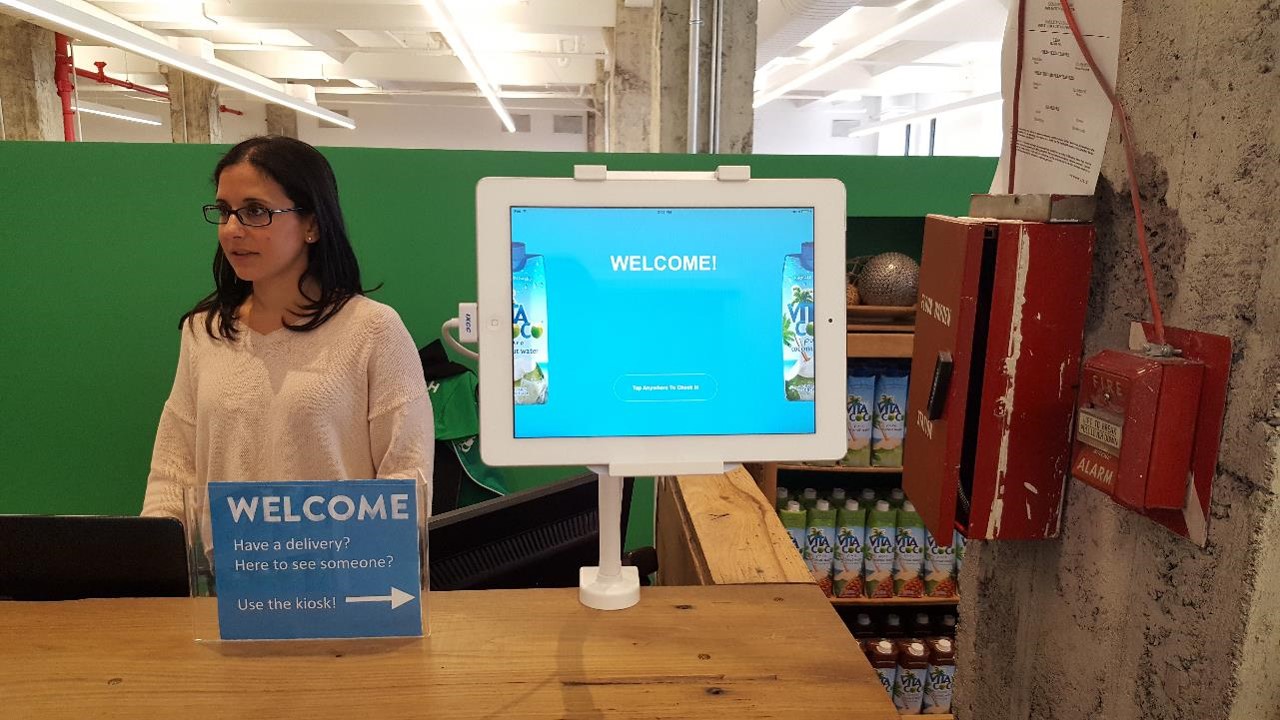
Advanced Customer Check-In App Features
Depending on what your organization does, you might need features beyond simple customer check-in, notifications, and queue management. Here are some features that might be required to replace your current process.
Customer Photo Capture
Great customer service means recognizing your guests as you would a friend. Whether a first-time visitor or a frequent guest, every employee can greet customers like an MVP by capturing visitor photos during the check-in process. Visitor photos will be visible in the customer queue or reception notifications so everyone can be greeted by name.
Visitor Badges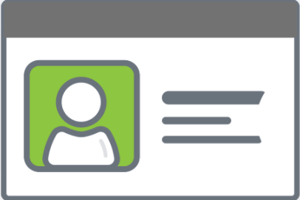
Another use for digital photos is printing them on the accompanying visitor badges. This will help everyone know, at a glance, who the customer is.
Legal Document Electronic Signature Capture
Do you need to capture waivers when customers arrive? What about non-disclosure agreements?
For many, the current process is tedious. First, the person manning the check-in desk has to request them, which can be awkward. Then these documents need to be maintained, digitized, and filed.
This can easily be automated. The best customer check-in apps capture electronic signatures on legal documents. eSignature capture can capture the symbol, sound, or process unique and traceable to a guest, thereby verifying that only they could have signed that document. It’s safer and incredibly convenient. The eSignature will hold information on who signed in, when, and where they signed.
Cloud-Based Visitor Logbook
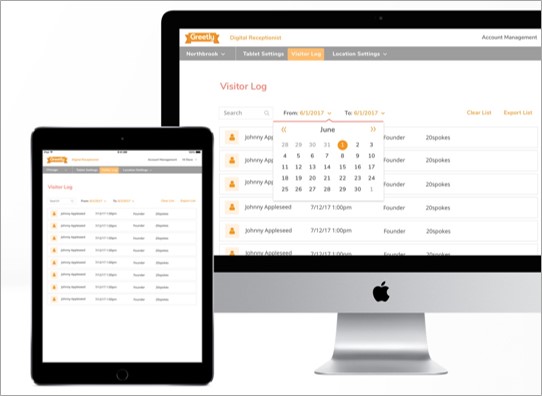 The purpose of any logbook is to maintain a record of every guest who checks in and leaves. A digital visitor logbook has countless advantages over the traditional paper version.
The purpose of any logbook is to maintain a record of every guest who checks in and leaves. A digital visitor logbook has countless advantages over the traditional paper version.
First, it’s available from any web-enabled device. In an emergency, like an evacuation, multiple employees can access it from their phones or tablet computers.
It will store the reason for visit, host employee, visitor photos, eSigned documents, time in, time out, and more. And it maintains privacy since only those with authorization can access this information.
Secured Data (in Europe, GDPR compliance)
By its very nature, a customer management system has key information about employees and guests. Make sure to understand the data security practices of your selected sign-in app.
It is vital to assure all stakeholders that their names, contact information, images, and other personal information are securely stored.
In 2018, the European Union introduced the General Data Protection Regulation, commonly referred to as GDPR. If your organization has offices in Europe, or even if your office is elsewhere, but you receive a lot of European visitors, make sure your selected visitor registration software is GDPR compliant.
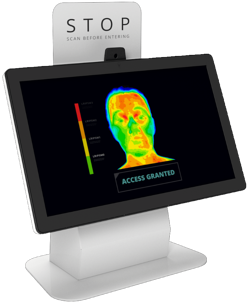 Takes Temperature
Takes Temperature
Keep COVID-19 and other illnesses out of your workplace by using a visitor management system with temperature screening, face mask detection, and facial recognition. These features will alert you whenever a staff or guest visits the premises with a high fever.
Anyone not wearing a mask violates medical protocols and won’t gain access to the building. Likewise, taking temperatures helps protect healthy visitors and employees.
ID Scanning
A guest reception system using ID scanning can speed up the process by grabbing key information directly from the customer’s driver’s license. This is even more helpful if you have any regulatory requirements to know your customer.
Watchlist
This feature guarantees improved threat protection and increased threat visibility. The watchlist feature also permits swift threat removal prompted by security alerts. You can also create a custom watchlist for specific visitor types.
Deluxe Features
Once you have the basics down, there are other features you will want to consider. Ensure the system is easy to administer, so it saves your staff time instead of wasting it. Moreover, you’ll want to integrate it with other software you are already using to, yup, save time.
Other considerations are usage capacity and the ability to customize preferences for your individual employees or coworking community members.
Software Integrations
In order to maximize efficiency, the best customer check-in apps should work with your existing software applications. Most importantly, it should feed customer data to your CRM software. It can also sync employees with your directory services software, like Active Directory, Azure AD, or Google for Work.
Next, ask yourself: will it integrate with Zapier and provide almost unlimited functionality?
If you have systems already in place, you don’t want to change your systems to accommodate the new software. It should fit in seamlessly with your existing system, not the other way around.
Smart Hardware Options
There are three cost components to a visitor management system.
- Software
- Hardware
- The personnel cost of running the system. (see “System Management” below).
Unless you have specific needs that dictate otherwise, seek a sign-in app that works well with popular, low-cost hardware. There’s little justification for purchasing costly, high-tech hardware and gadgets that you probably won’t utilize all the features.
For example, an iPad receptionist app allows your organization to use low-cost hardware found at any electronics and computer or office supply store.
Avoid systems with proprietary hardware requirements, which are hard to find and expensive to replace.
Unlimited Utilization
Does it provide unlimited usage with unlimited text messages? You can’t have your system stop working because it reached a limit. And you don’t want to have to try to figure out how much capacity you will need over some time, so be sure you get unlimited for a fixed price.
Simply System Administration
The system should be easy to manage so that there would be no need for an IT specialist on staff. It should be helping you at all times, not taking time away at the first sign of a minor issue.
Conclusion
Today’s modern workplace should implement a customer check-in app. Selecting the right one is vital to ensure guest reception efficiency.
Select a check-in app with top-notch security, that works well with other services, apps, and programs you already have in place, and includes a preferred notification or announcement system for each of your employees or coworking community members.
The system should work well with low cost, easy to find hardware that you can pick up at your local computer or office supply store (just in case). It should have unlimited capacity and not require a specialist to maintain it.

